SUMMARY
This is AI generated summarization, which may have errors. For context, always refer to the full article.
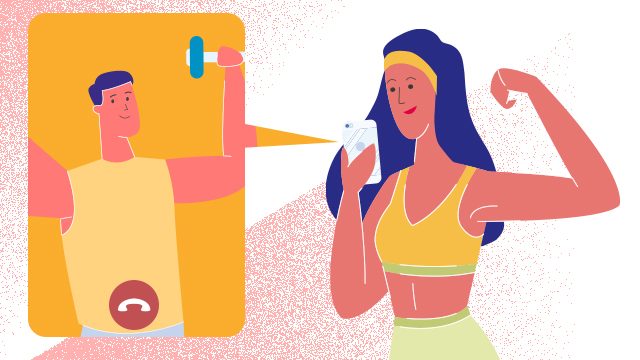
MANILA, Philippines – Athletes, especially those who are part of team sports, normally interact and push one another to help them become the best versions of themselves.
But in a time of quarantine, isolation can pose mental challenges that range from keeping themselves motivated in the sport to lacking an outlet for stress and anxiety.
Earlier, Rappler reported on the importance of practicing mindfulness in sports, especially with the possible hiatus of sports until the end of the year.
In the second part of our mental health series, we will dive into some practices and tools that can help develop athletes’ mindfulness.
Mental skills coach and sports psychology consultant Marcus Manalo shares 5 practices that teach athletes how to self-regulate their mental health.
“When you say terms like mental toughness and resilience, it’s basically about self regulation,” said Manalo. “Like the things that I do, or all the mental skills coaches or the sports psychology professionals, our ultimate goal is for athletes to self-regulate.”
But these techniques are not done in just a day as self-regulation is a process and a part of training your mind.
Celebrate small wins
Manalo emphasizes the importance of gratitude even when things are close to a standstill. The practice of finding things to be grateful for leads to the feeling of “being blessed than stressed.”
“For example, if you’re able to work out, if you’re able to meditate, spend time with family and have a good laugh with your friends and able to do like a meeting online, try to be grateful,” said Manalo.
It is also important to validate this feeling of gratitude by openly saying it, or writing down your blessings.
Have self-compassion
When one gets stressed or anxious, many times you would hear “advice” that forces you to forget about it, ignore it and even distract yourself with other things.
Even worse is the old perception that stress or anxiety makes you weak.
Manalo has worked with athletes who have dealt with losses and disappointments in their sport, and he has always reminded them to be kind to themselves.
“It’s such a powerful concept that everyone’s going through struggles and challenges, but everyone also deserves kindness,” said Manalo.
“There are others who are extremely hard on themselves about how unproductive they are or how lazy they are.”
According to the mental skills coach, saying simple positive phrases to yourself such as “hang in there” or “you’ll get through this” can help communicate the kindness everyone needs.
This is one of the aspects of normalizing stress and anxiety, as well as validating your feelings.
“It’s okay not to feel okay and that it’s not a sign of weakness to seek for help,” said Manalo.
Reflecting
An aspect of mindfulness is bringing the mind back to the present to focus on things that you can control.
Reflecting becomes an exercise of making sense of the present moment. It allows us to remember and analyze what had happened in the past and plan for the future based on what’s happening now.
Manalo teaches athletes to reflect during the game despite the high-pressure situations. He reminds the players that it’s not yet the end of the game and the proper mindset can help close out the game.
Now that sports is on a hiatus, Manalo follows the same principles and facilitates the athletes’ reflections amid the coronavirus pandemic.
“When you’re reflecting and sharing your reflections, you’re realizing that everyone’s on the same boat, everyone’s struggling, everyone’s experiencing anxiety, everyone’s experiencing uncertainties, and we’re going to be together also in terms of supporting each other and finding ways on how we can get better,” said Manalo.
Maintaining connections
Many athletes are used to seeing their teammates and coaches everyday in practice, but quarantine suddenly takes away their social connections, which forces them to make adjustments.
Manalo said communication is key for athletes to stay on track of their goals, and since seeing each other face-to-face is not an option, making yourself available for virtual communication will be able to satisfy our need for human connection.
“As humans, obviously, we’re hardwired to connect. And then we’re hardwired to have conversation and to continue to establish our personal relationship, so it’s also important to establish virtual communication,” explained Manalo.
But the sports psychologist is also aware of some challenges experienced by athletes such as poor connection. A person’s love language can also become a struggle in virtual communication.
“I had one athlete that I work with who is saying that she’s struggling because she’s not really interacting with people even with virtual communication, and she’s still struggling,” recalled Manalo.
But a part of self-regulation is the ability to adjust and adapt to situations, which will come in time as habits will start to form.
“It’s hard initially, but I guess at some point, or we try to also continue that process of self- discovery na na-appreciate ko na rin ito (that I am able to appreciate this) even without the actual touch and actual interaction,” explained Manalo.
Finding joy in other ways
As most athletes have strong athletic identities, taking control of the new situation or environment will pave the way for athletes to find their self-worth in other activities.
Manalo said the athletes can continue to develop themselves outside the sport by learning new skills such as cooking, photography, or video editing.
Even activities that make you happy and help you relax like playing with your pets can help relieve the stress and anxiety from the lack of sports.
“I think adapting is going to be the name of the game,” said Manalo. “And from an evolutionary perspective, and that’s also how we evolved as a human race, that we’re able to adapt to what’s happening in the environment.” – Rappler.com
Add a comment
How does this make you feel?
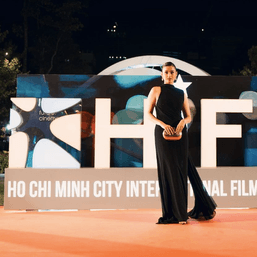
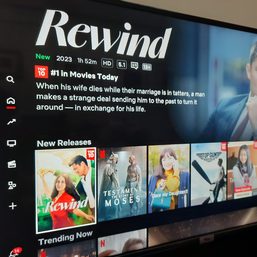


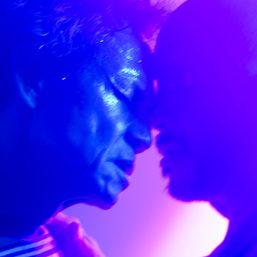
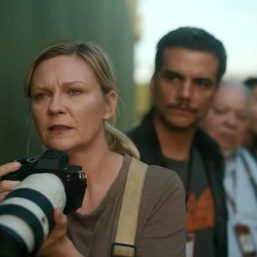
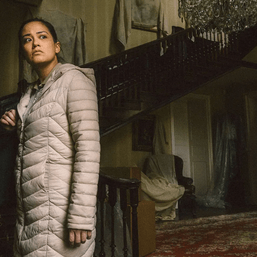

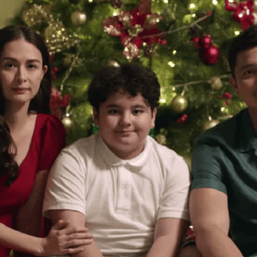

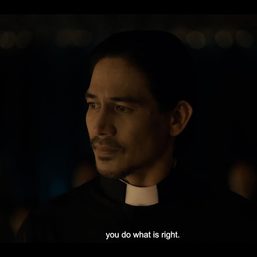

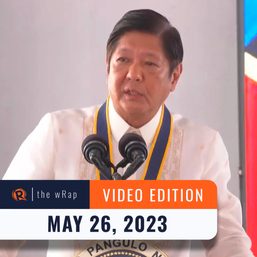

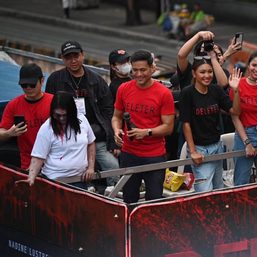
There are no comments yet. Add your comment to start the conversation.